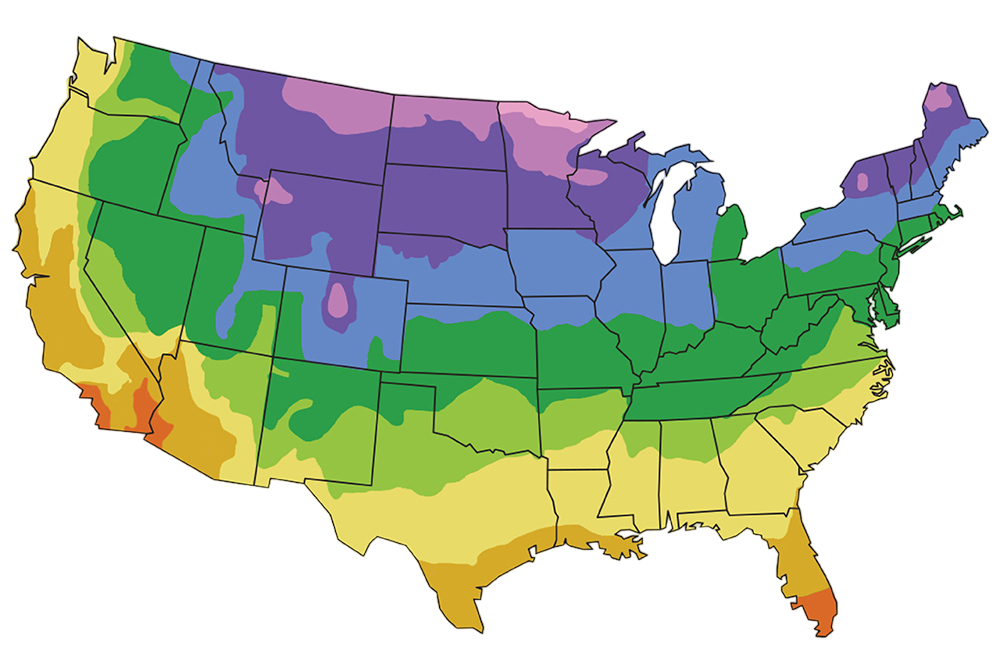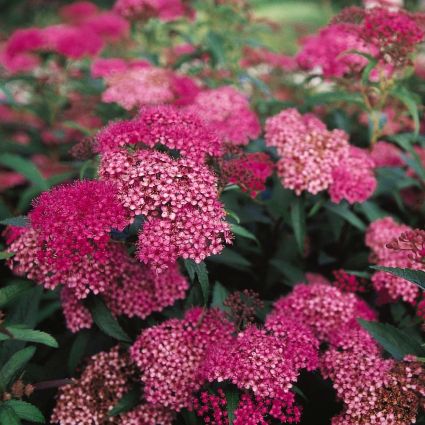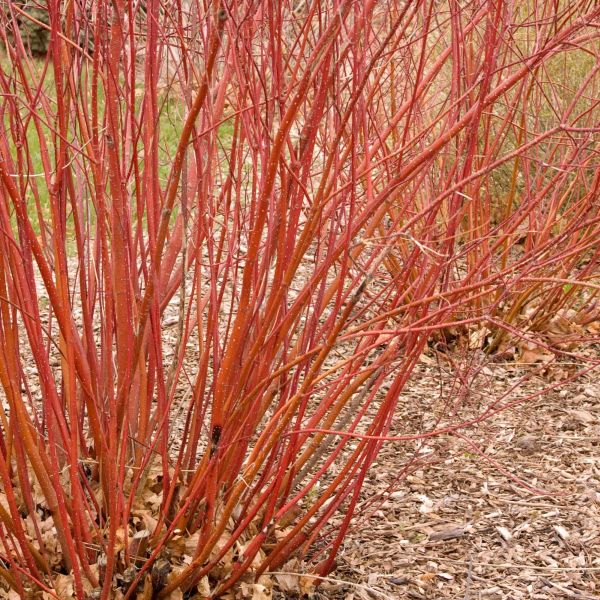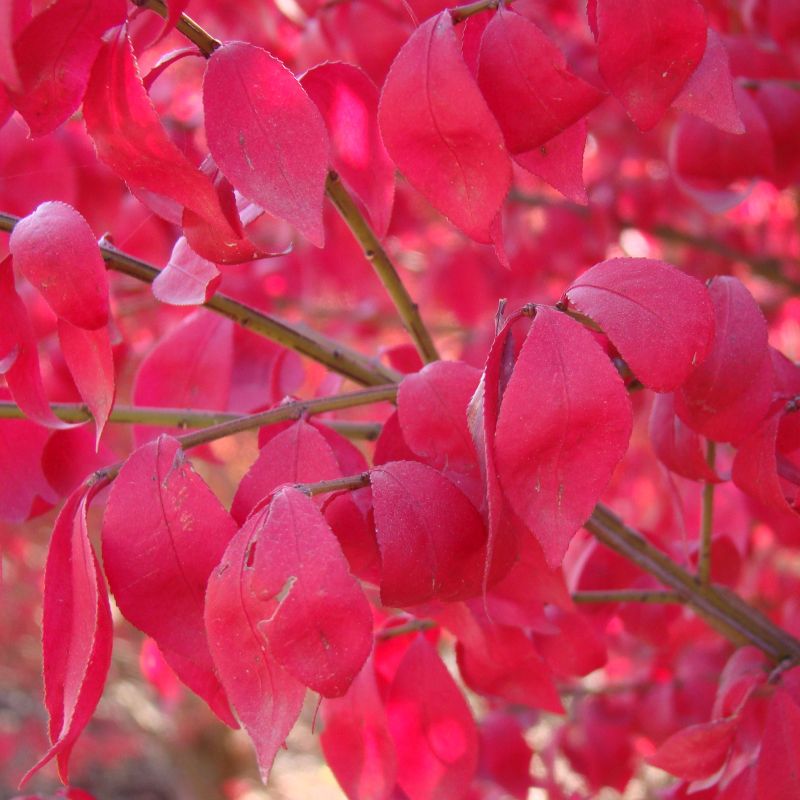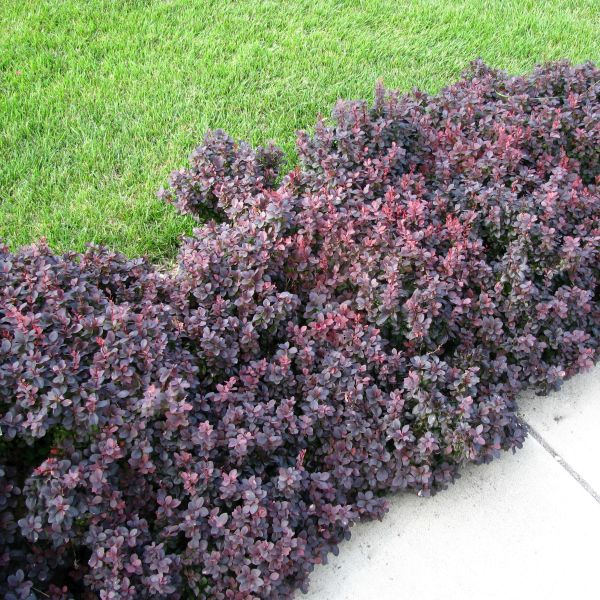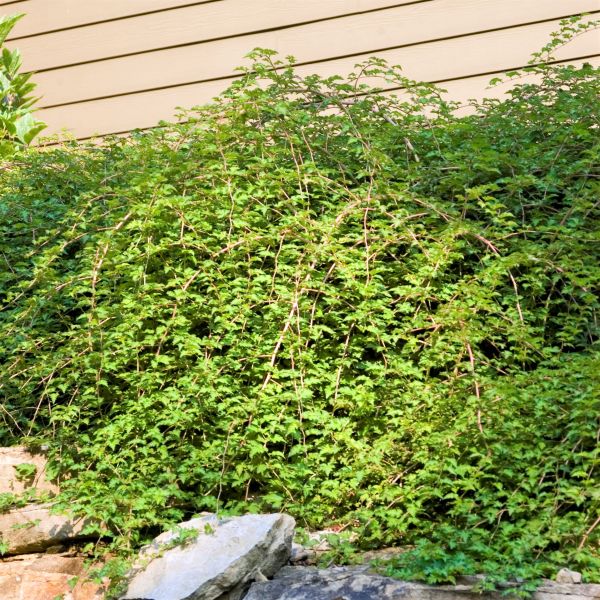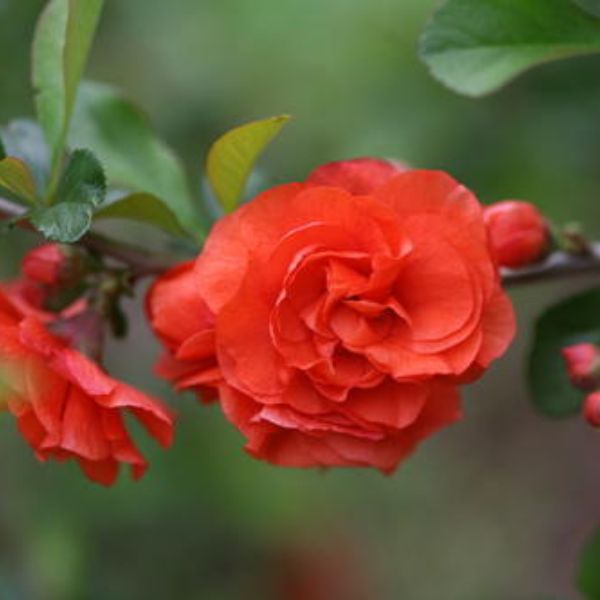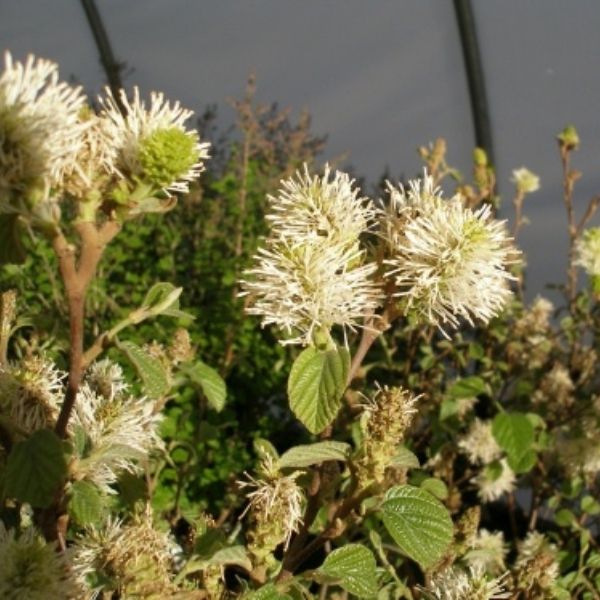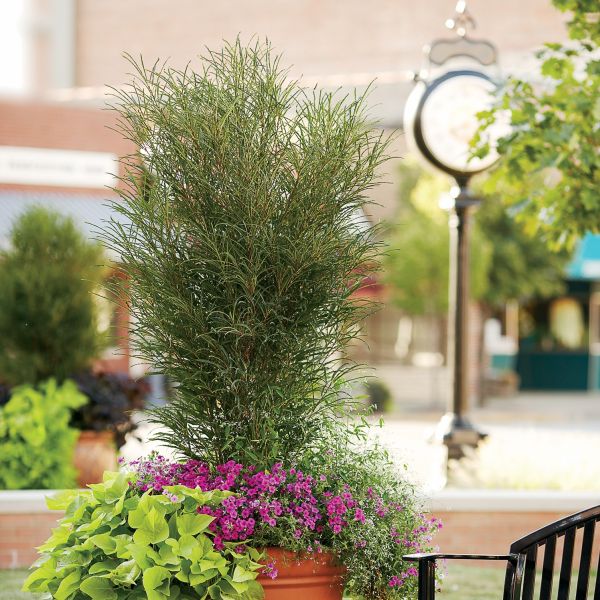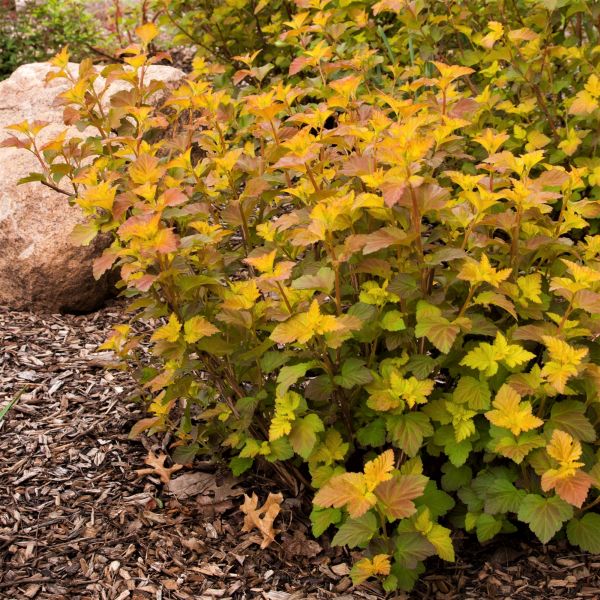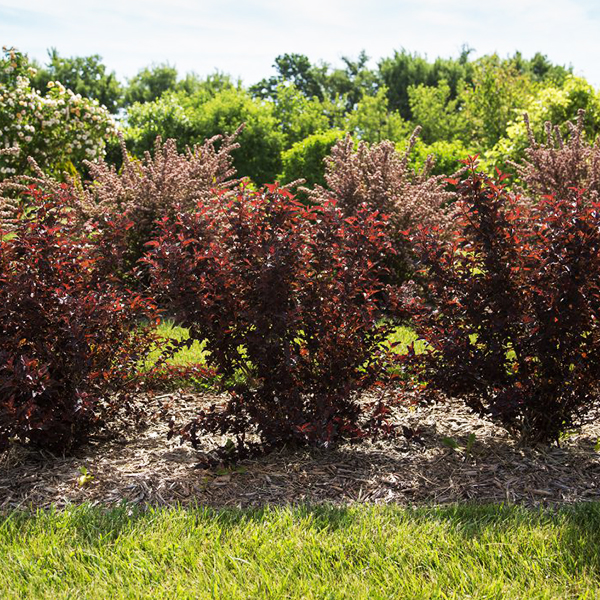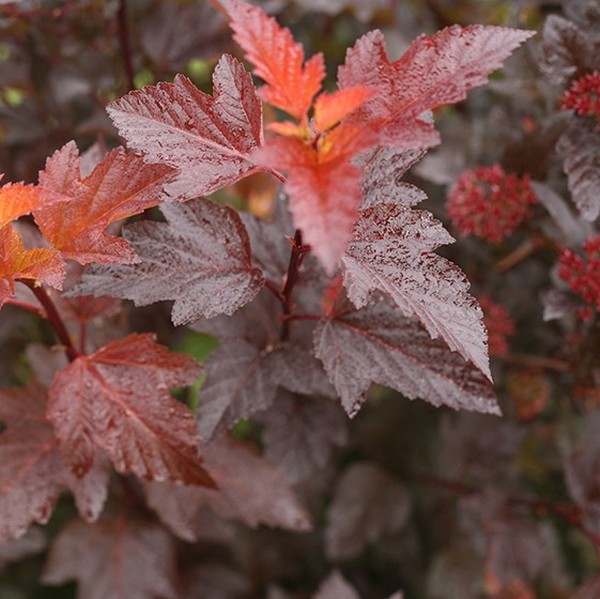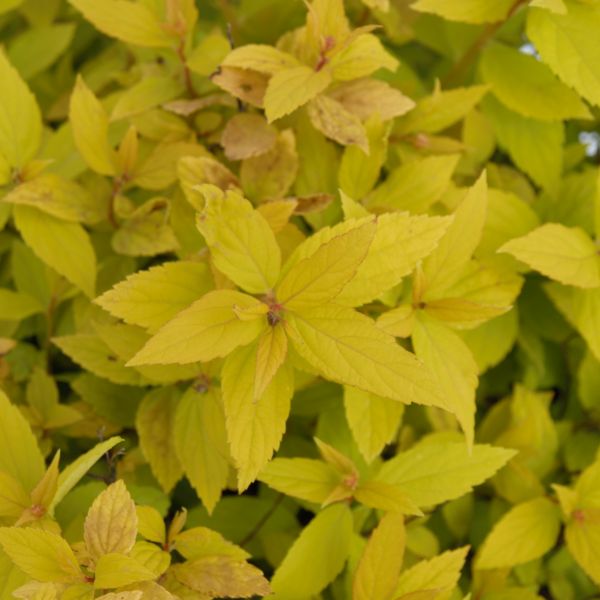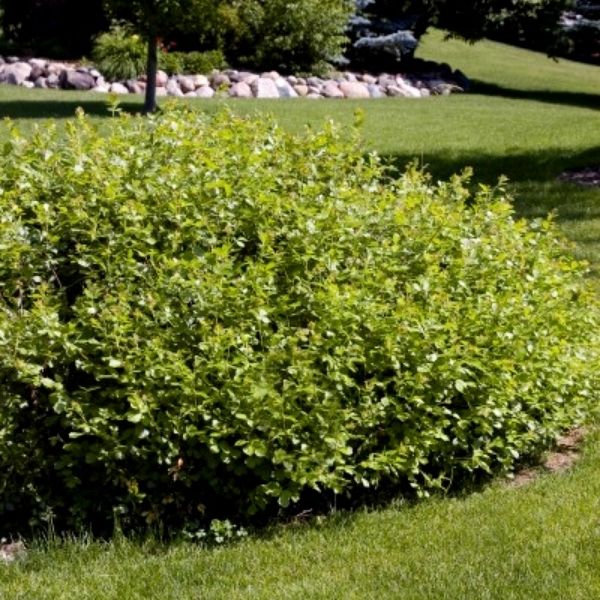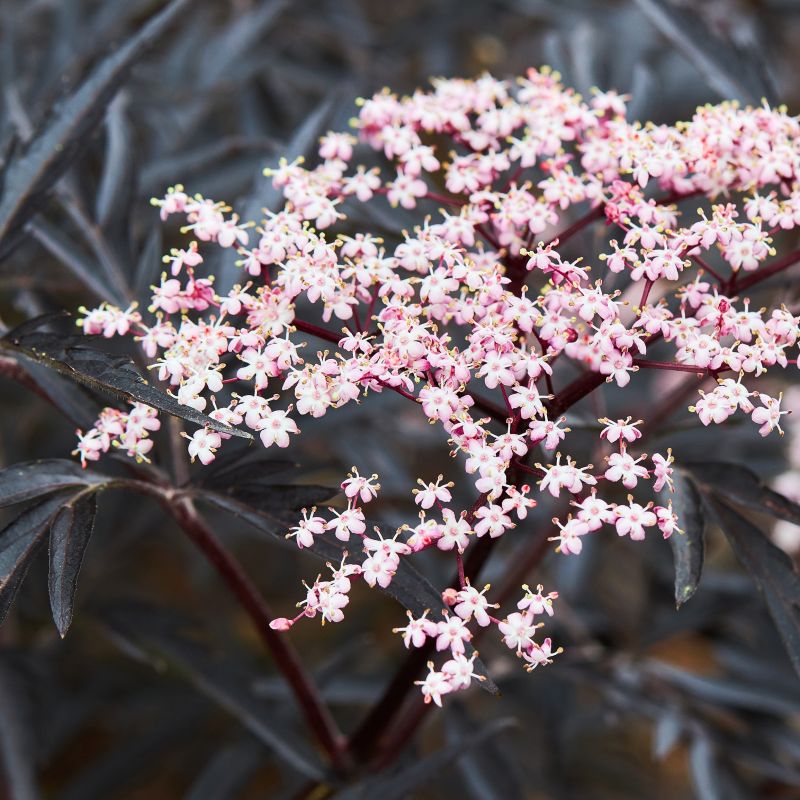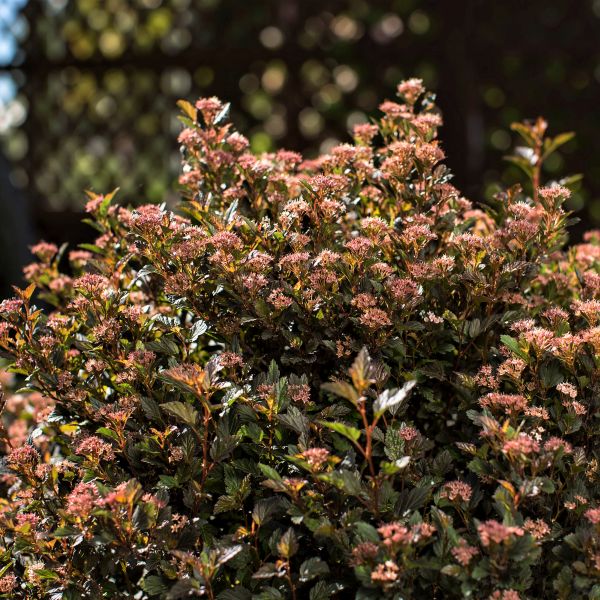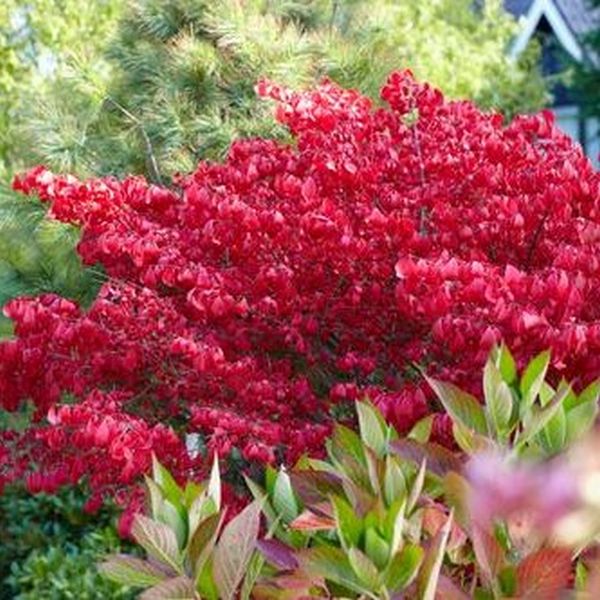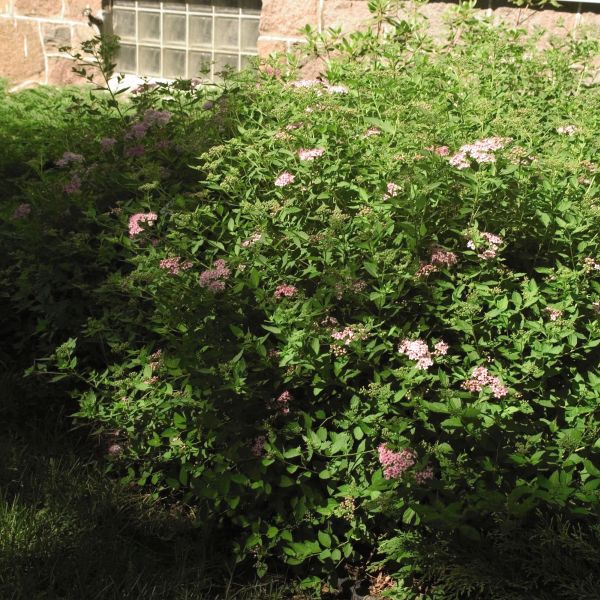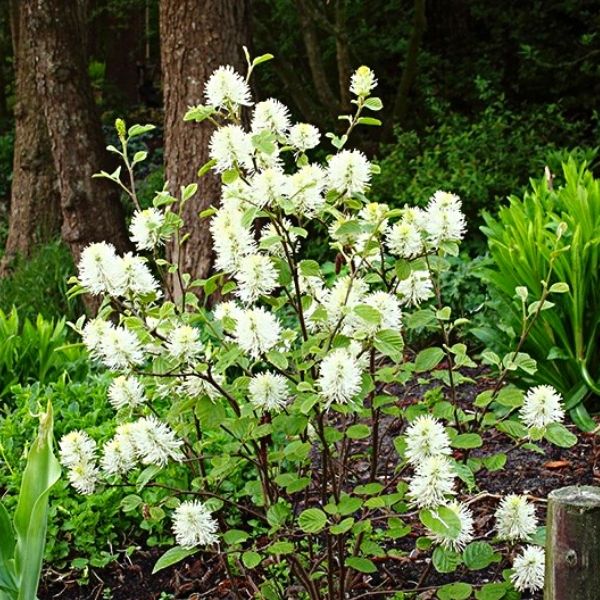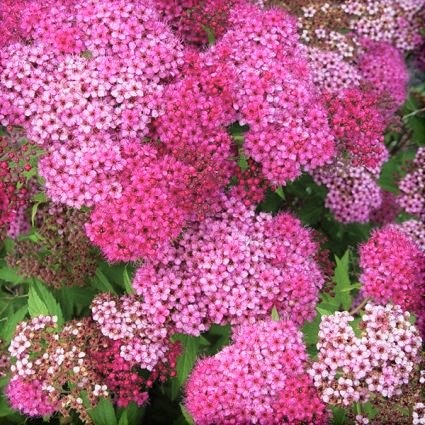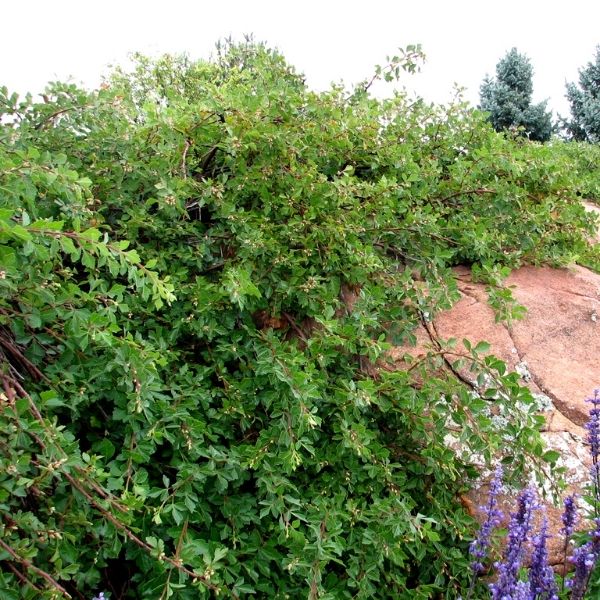



Autumn Amber Sumac
Rhus trilobata 'Autumn Amber'
19 reviews
Autumn Amber Sumac
Rhus trilobata 'Autumn Amber'
19 reviews
- Beautiful fall foliage with vibrant red and orange tones
- Drought-tolerant and low-maintenance once established
- Ideal for adding color and interest to any landscape
- Recommended by landscape designers for optimal fit in real yards
$56.00
$80.00
30% Off
- Ships to 43215 in 3 to 7 days
- Free Shipping Over $150
- Plant Arrival Guarantee
- In Stock
- Free Plant Consult
$200 - Landscape-Approved: Every Plant We Sell Comes With Design Expertise Behind It
1 Gallon
Not just beautiful - intentionally selected by ShrubHub's 3D landscape design team to fit real-world spaces and maximize yard potential.
Why Autumn Amber Sumac?
Autumn Amber Sumac (Rhus trilobata 'Autumn Amber') is a deciduous shrub that is valued for its beautiful fall foliage and its ability to attract wildlife. It's native to North America and can be found in dry, rocky soils in the western United States. The plant produces clusters of small, yellow flowers in the spring, which attract pollinators, followed by bright red berries in the fall that are enjoyed by birds and mammals. The leaves turn a brilliant shade of orange or red in the autumn, making this plant
People who loved this plant also bought
Sunlight
Autumn Amber Sumac requires full sun exposure to thrive.
Watering
Autumn Amber Sumac has low watering requirements and is considered drought tolerant. It prefers well-drained soil and only requires occasional watering once established. Overwatering can be harmful to the plant, so it is best to allow the soil to dry out b
Fertilizing
The fertilizer requirement for Autumn Amber Sumac may vary, but it generally benefits from a balanced fertilizer with a ratio of 10-10-10 or 14-14-14. It is recommended to apply the fertilizer in early spring and again in late summer or early fall.
Autumn Amber Sumac is a Native North American shrub, discovered in New Mexico. It's considered a western, ground-cover version of the Gro-Low Sumac in the Midwest. Low with a spreading deciduous habit, it makes a great ground cover for hot, dry, and sunny locations.
Though it's not very noticeable, this deciduous shrub also blooms with few, tiny flowers. The deep green foliage is fragrant but only noticeable when crushed and they release the fragrance.
The unique ground cover shrub stays low to the ground and grows flat naturally. Once the shrub has been established, it covers up large spaces. You can enjoy the deep green foliage throughout the summer. During the fall, the green foliage develops into shades of deep amber with sparks of bright orange to bright yellow.
Autumn Amber Sumac is most suitable for USDA hardiness zones 3 to 7. Well-drained soil and the full sun are all Amber Sumac needs to thrive. You should also water regularly until it's established. Afterward, you wouldn't need to do much for this ground cover, other than minimum pruning to keep them from taking more space than you reserved. You will generally need to give Autumn Amber plenty of space to thrive.
Autumn Amber Sumac can soften up rock features, patio corners, and terraced walls. You can even plant it at the top of a retaining wall and allow it to cascade. Whatever way, Autumn Amber is a win for any landscape that is adorned with it. Order yours now to start exploring all the ways this plant can make your landscape better!
Plant Information:
| Botanical Name: | Rhus trilobata 'Autumn Amber' |
| USDA Zones: | 4 - 8 |
| Water: | Moderate to Low |
| Exposure: | Full Sun |
| Soil Needs: | Well Drained |
| Mature Height: | 12 - 18 inches |
| Mature Spread: | 6 - 8 feet |
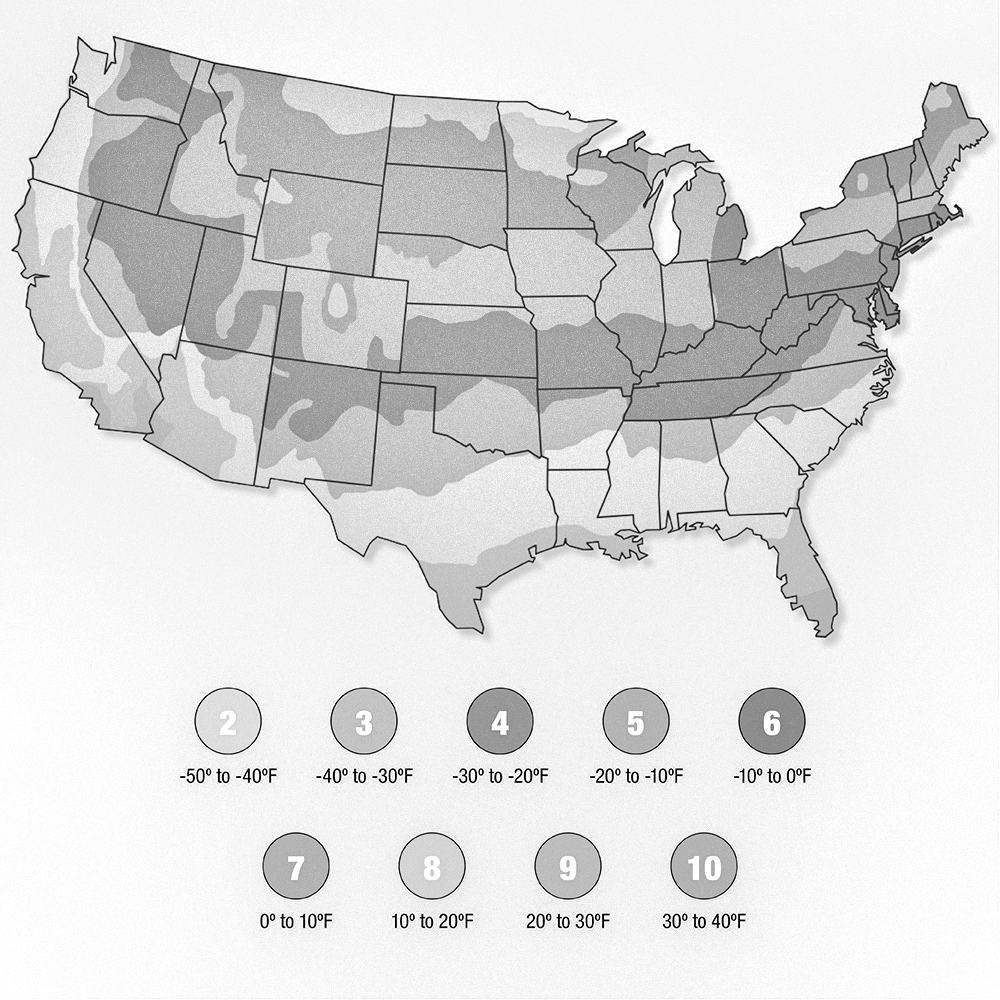


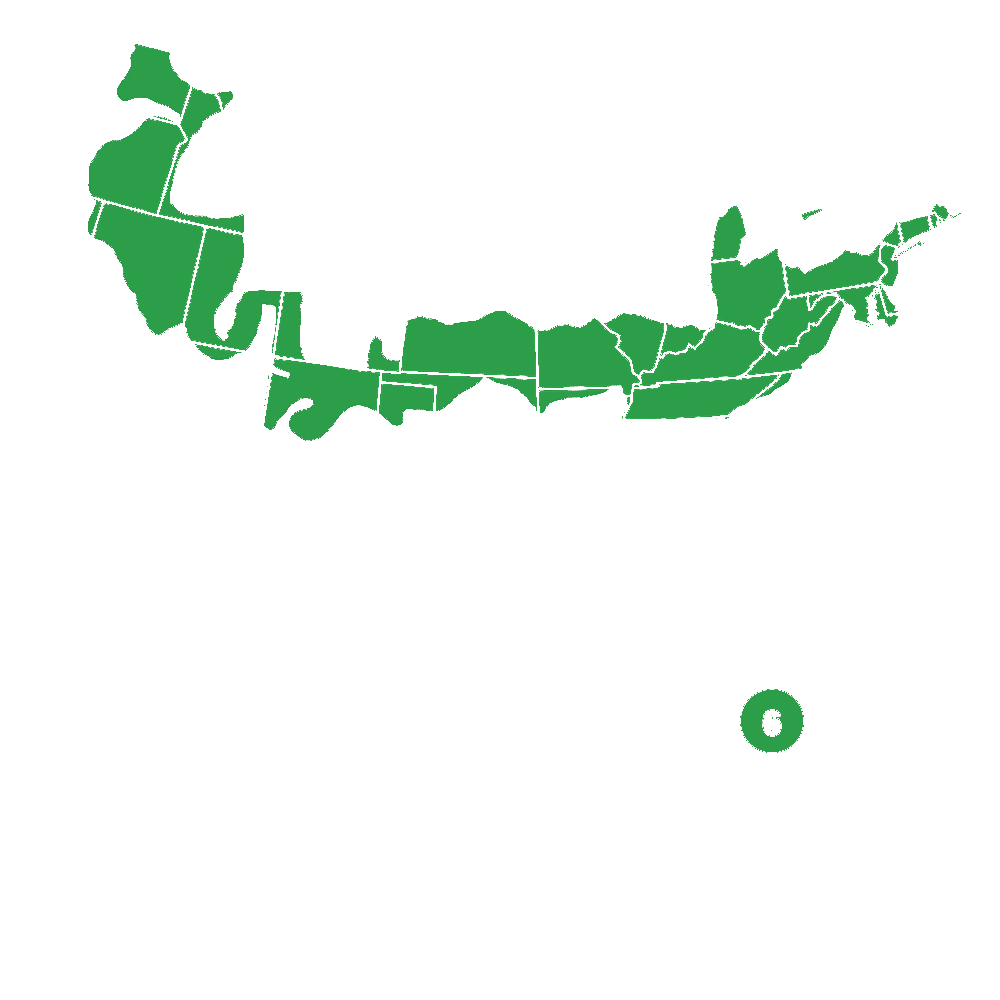
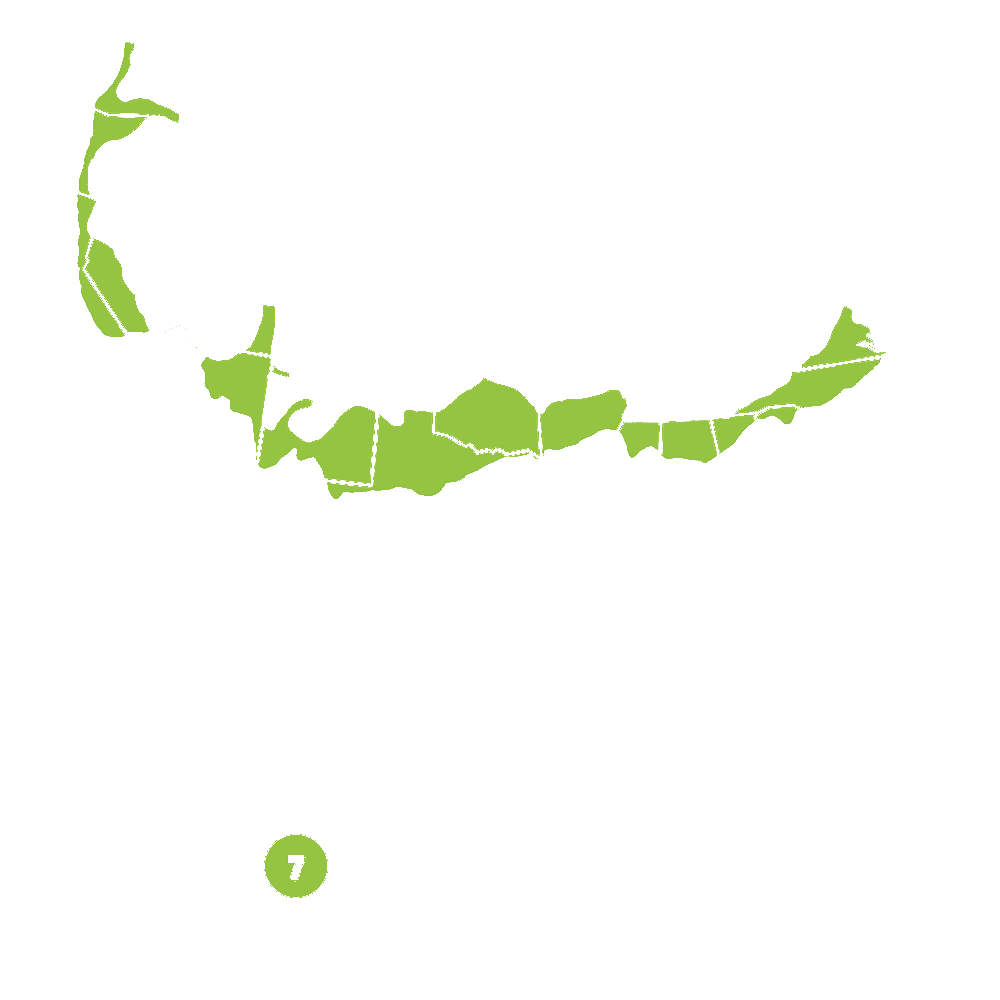
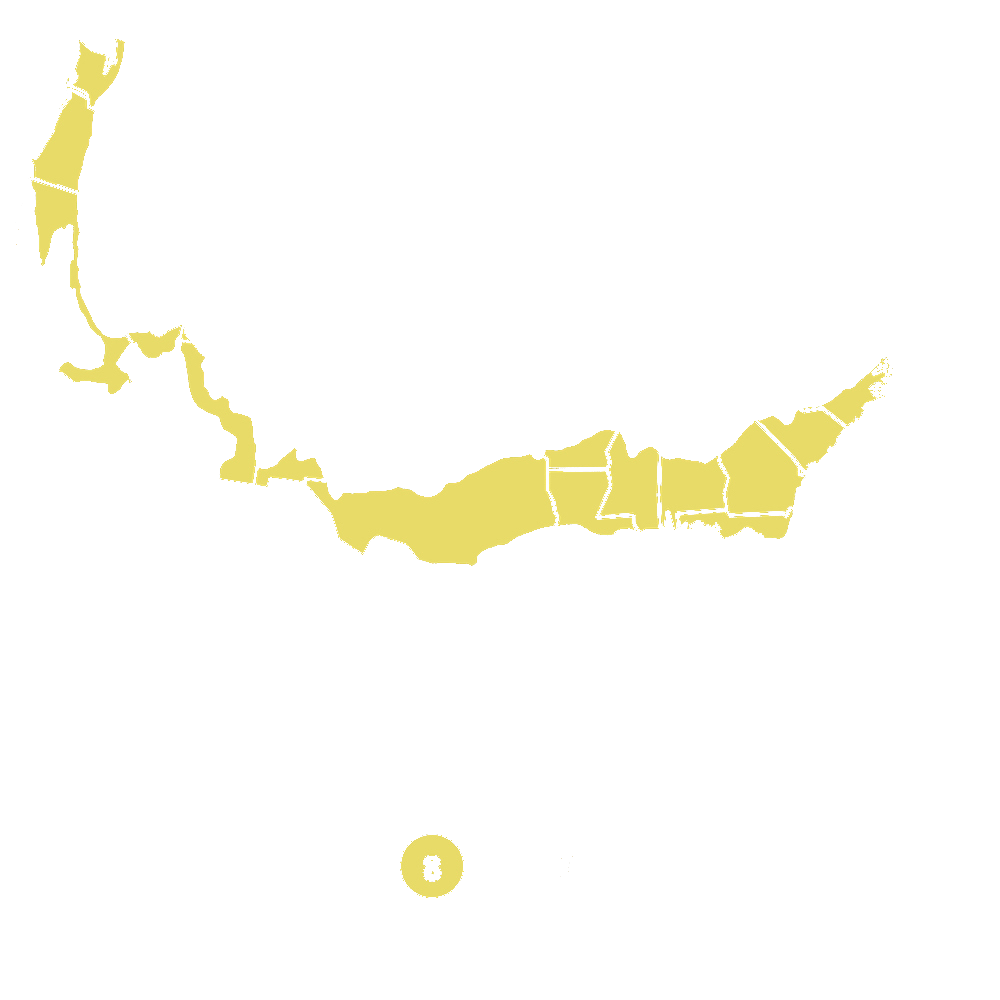
Pollination Info
The Autumn Amber Sumac (Rhus trilobata 'Autumn Amber') is a deciduous shrub that is native to western North America. It is known for its bright orange-red fall color, as well as its tiny yellow flowers and red fruit.
The pollination of Autumn Amber Sumac primarily occurs through the help of bees and other pollinators. The small flowers of the shrub secrete nectar to attract these pollinators, who in turn transfer pollen between the male and female flowers.
Autumn Amber Sumac is dioecious, meaning it has separate male and female plants, and cross-pollination is required for successful fruit production. The female plants produce clusters of small, red berries that are a favorite of birds and other wildlife.
The Autumn Amber Sumac is a hardy and drought-tolerant plant that is well-suited for xeriscaping and other low-water landscapes. Its colorful fall foliage and attractive fruits make it a popular choice for ornamental gardening and landscaping.
FAQ
Autumn Amber Sumac (Rhus trilobata 'Autumn Amber') - Frequently Asked Questions (FAQ)
1. What is Autumn Amber Sumac?
Autumn Amber Sumac is a deciduous shrub native to North America. Its botanical name is Rhus trilobata 'Autumn Amber'.
2. How tall and wide does Autumn Amber Sumac grow?
Autumn Amber Sumac grows up to 4-6 feet tall and wide.
3. When does Autumn Amber Sumac bloom?
Autumn Amber Sumac blooms in late spring to early summer, producing small yellow flowers.
4. What is the foliage like on Autumn Amber Sumac?
The foliage on Autumn Amber Sumac is a rich shade of green in the summer and turns fiery shades of yellow, orange and red in the fall. The leaves have a distinctive trifoliate or three-lobed shape.
5. Is Autumn Amber Sumac drought-tolerant?
Yes, Autumn Amber Sumac is drought-tolerant once it is established.
6. What type of soil does Autumn Amber Sumac prefer?
Autumn Amber Sumac prefers well-draining soil that is slightly acidic to neutral in pH.
7. Does Autumn Amber Sumac require pruning?
Autumn Amber Sumac may require pruning to maintain its shape and to remove any dead or damaged branches. Pruning should be done in late winter to early spring to avoid removing new growth.
8. Is Autumn Amber Sumac deer-resistant?
Autumn Amber Sumac is considered deer-resistant, meaning that deer are unlikely to eat it.
9. Can Autumn Amber Sumac be used in landscaping?
Yes, Autumn Amber Sumac can be used in landscaping as a specimen plant, in mass plantings, as a hedge or in a naturalized area.
10. Are there any special considerations when planting Autumn Amber Sumac?
Autumn Amber Sumac should be planted in a location with full sun to partial shade and with well-draining soil. It is important to wear gloves when handling the plant as the sap can cause skin irritation.
Planting & Care
Planting Autumn Amber Sumac
Choose a planting location that receives full sun to partial shade and has well-draining soil. Dig a hole twice the size of the root ball and mix in compost or organic matter. Place the root ball in the hole and backfill with soil, watering deeply to settle the soil. Mulch the area around the plant to retain moisture and suppress weeds.
Caring for Autumn Amber Sumac
Water deeply once a week, especially during hot, dry spells. Fertilize in early spring with a balanced fertilizer. Prune in late winter to maintain shape and remove any dead or damaged branches. Autumn Amber Sumac is a low-maintenance plant that does not require frequent pruning or fertilization.
Keep an eye out for any signs of insect or disease damage, such as yellowing leaves or discoloration. If necessary, treat with an organic insecticide or fungicide.
It is important to wear gloves and protective clothing when handling Autumn Amber Sumac as it contains urushiol, a chemical that can cause an allergic reaction in some people.
Check Out These Verified Customer Reviews:
Customer Reviews
4.6 out of 5 based on 19 reviews
Thank you! Your review has been submitted.
The Autumn Amber Sumac is a beautiful addition to my home decor. The item quality is excellent and exactly as described. The website was user-friendly and the shipment was prompt. Had a positive experience with customer service as well.
Beautiful Autumn Amber Sumac! The colors are slightly different from the picture but still stunning.
Absolutely gorgeous Autumn Amber Sumac! The colors are vibrant and the quality is superb.
Item has been added to your cart.

